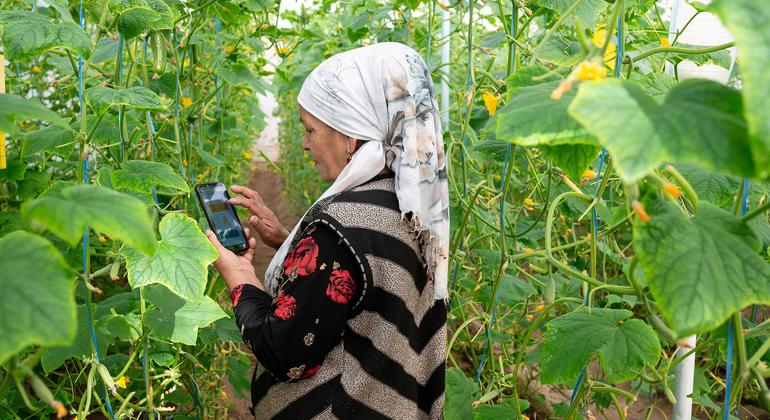The Unjust Climate report highlights the disparities faced by female heads of households in rural areas in low and middle-income countries, who suffer greater financial losses due to climate-related events compared to men. On average, female-headed households lose eight percent more of their income due to heat stress and three percent more due to floods. This results in a significant per capita income reduction and translates to billions of dollars lost across impoverished countries. The study also warns that with a mere 1°C increase in average temperatures, women would face a staggering 34 percent greater loss in total incomes compared to men, widening the gender gap even further.
FAO Director-General QU Dongyu emphasized the importance of addressing social differences based on gender, wealth, age, and location that impact rural peoples’ vulnerability to climate change. The findings underscore the urgent need for more financial resources and policy attention to be dedicated to inclusivity and resilience in global and national climate actions. The report calls for a deeper focus on gender equality and the empowerment of women in climate change adaptation and mitigation efforts to reduce the disparities highlighted in the study.
In Yemen, a mass polio immunization campaign reached over 1.29 million children under five in just four days, with an impressive 89 to 100 percent coverage rate. The joint campaign involving Yemen’s Ministry of Public Health and Population, UNICEF, and WHO aims to protect children from deadly childhood diseases, including polio. With confirmed cases of polio among Yemeni children, the ongoing threat underscores the importance of universal immunization coverage to prevent avoidable deaths and disabilities caused by vaccine-preventable diseases.
UNICEF Representative in Yemen, Peter Hawkins, emphasized the significance of the mass immunization campaign in protecting children’s health and well-being in Yemen. He highlighted the ongoing risk posed to unvaccinated children and called for continued collaboration between health authorities and donors to ensure universal immunization coverage for all children across the country. WHO Representative, Arturo Pesigan, echoed the importance of investing in children’s health, emphasizing that poliovirus and other childhood diseases can have severe consequences but are preventable through vaccination.
The successful implementation of the polio immunization campaign in Yemen was made possible with the support of the Global Polio Eradication Initiative. By prioritizing children’s health and well-being, Yemen and other countries have the opportunity to prevent unnecessary deaths and disabilities caused by vaccine-preventable diseases. The campaign serves as a reminder of the critical role of immunization in safeguarding the future and development of children, emphasizing the importance of investing in their health as a cornerstone of national progress.









